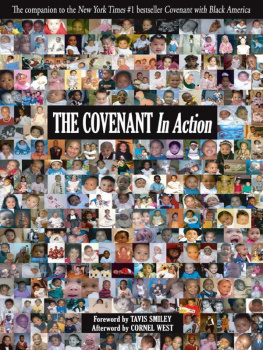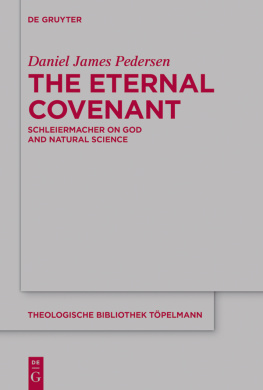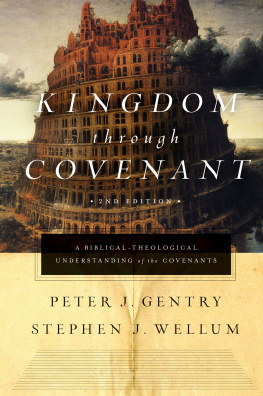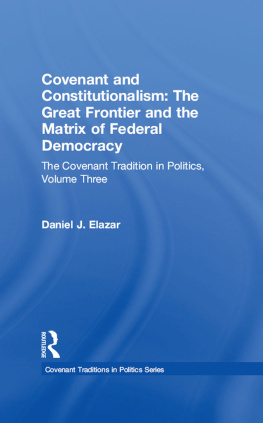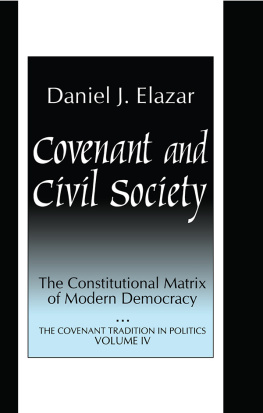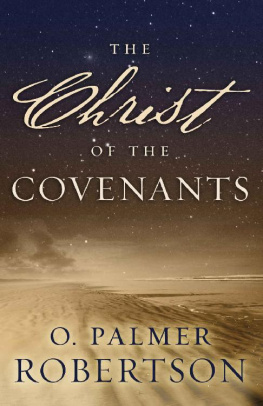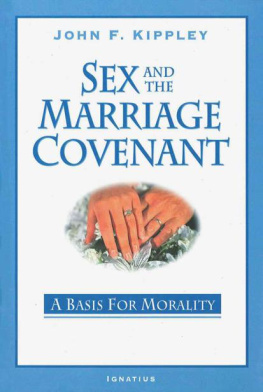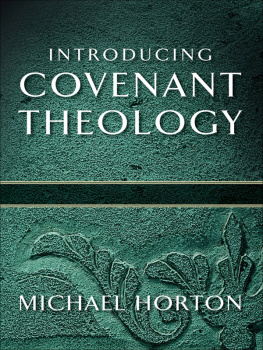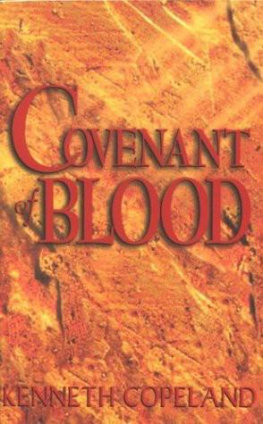First published 1996 by Transaction Publishers
Published 2017 by Routledge
2 Park Square, Milton Park, Abingdon, Oxon OX14 4RN
711 Third Avenue, New York, NY 10017, USA
Routledge is an imprint of the Taylor & Francis Group, an informa business
Copyright 1996 by Taylor & Francis.
Preparation of this book for publication was made possible through the Milken Library of Jewish Public Affairs, funded by the Foundations of the Milken Families.
All rights reserved. No part of this book may be reprinted or reproduced or utilised in any form or by any electronic, mechanical, or other means, now known or hereafter invented, including photocopying and recording, or in any information storage or retrieval system, without permission in writing from the publishers.
Notice:
Product or corporate names may be trademarks or registered trademarks, and are used only for identification and explanation without intent to infringe.
Library of Congress Catalog Number: 95-18560
Library of Congress Cataloging-in-Publication Data
Elazar, Daniel Judah.
Covenant and commonwealth : Europe from Christian separation through the Protestant Reformation / Daniel J. Elazar.
p. cm. (The covenant tradition in politics ; v. 2)
Includes bibliographical references and index.
ISBN 1-56000-208-5
1. CovenantsReligious aspectsChristianityHistory of doctrines. I. Title. II. Series: Elazar, Daniel Judah. Covenant tradition in politics ; v. 2.
BL65.P7E43 1995
[BT155]
320.011 sdc20
95-18560
CIP
ISBN 13: 978-1-56000-208-6 (hbk)
This book is the second in a series of volumes exploring the covenantal tradition in Western politics. The first, Covenant and Polity in Biblical Israel, consisted of an in-depth, if necessarily selective, exploration of the biblical sources of the covenant tradition, its development in Scripture, and subsequently in Jewish history and thought. It dealt with the biblical idea of covenant as it appeared on the world scene and the political culture, tradition, and behavior to which it gave birth. It analyzed how the Bible set forth the idea of covenant within the context of ancient Israel and in the Jewish political tradition that emerged from the Bible.
This book takes those themes a step further to examine covenant as a political idea and its related political tradition with the culture and behavior that they produced, to focus on the struggle in Europe to produce a Christian covenantal commonwealth constituted on a similar religious basis that reached its climax in the Reformed Protestantism of the Protestant Reformation in the sixteenth and seventeenth centuries. This Christian adaptation of the biblical tradition, the integration of that adaptation with the traditions of the tribal oath societies of Northern Europe, the perforce limited medieval expressions of that synthesis, and the revival of covenant as the architectonic principle of the Protestant Reformation is an intricate and fascinating story. The book also briefly examines covenant and hierarchy in Islam and other premodern polities.
The third and fourth volumes, Covenant and Constitution: The Great Frontier and the Matrix of Federal Democracy and Covenant and Civil Society: The Constitutional Matrix of Modern Democracy, will examine the progressive secularization of the covenant idea in the seventeenth and eighteenth centuries and its application through principles of constitutionalism and federalism to both the building of new societies in the New World and the efforts to reconstitute old societies in Europe, and will conclude with a general analysis of the dynamics of covenant and the possible future role of the covenant tradition in the postmodern world.
The four books, despite their combined scope, cannot trace all the human connections that show the transmission of covenant ideas and ways. Consequently, they seek to highlight those critical elements that shaped history and civilization, particularly in the Western world. In a sense it is also a history of, first, the westering (an American pioneer term for moving westward until the frontier) of covenant from West Asia to the Pacific Ocean, and then its universalization in the politics of constitutional democratic republicanism.
Ideally, it is the aim of these books not only to trace the interconnections between ideas, culture, and behavior, but between peoples and generations as well, to follow the path of the covenant idea and covenantal cultures and behavior in time and space. This is a daunting task, requiring dozens of monographic studies not yet undertaken, and probably can never be done because of the great gaps in the historical data available. For example, in the history of ancient Southwest Asia and adjacent regions, by far the most substantial record we have is the Bible, much of which is not corroborated by any other source in regard to the matters under discussion here.
The scriptural account, while full of fascinating behavioral details that give us great insight into covenantal ideas, culture, and behavior, useful in fostering our understanding of other covenantal situations in other times and climes, is not comprehensive history, but rather a series of moral case studies designed for purposes other than illustrating the issues under consideration here. We also can benefit from the documents from other ancient West Asian civilizations discovered since the last century. In recent years archeologists have discovered records from various ancient Southwest Asian archives that testify to the existence of vassal treaties in one form or another and modified covenantal elements among peoples adjacent to ancient Israel, but the only record we have of a fully covenantal civilization is that of ancient Israel as portrayed in Scripture.
The European history of the West in the more conventional sense begins with the Greeks, more or less at the time the First Jewish Commonwealth was destroyed in the fifth and sixth centuries B.C.E. Greek histories focus on heroic actions and events. They gave us the political and military histories of the Greek Leagues, the most important of which were in Asia Minor, also a part of Southwest Asiaa point often ignored or forgotten. But again, their purpose is not to trace connections. There, too, we have only those limited written records. Documentation is lacking and not likely to be found. Not only that, but the survival of Greek philosophic works, which are emphatically noncovenantal, has strongly influenced and distorted our understanding of Greek political life.
There is a greater variety of sources from the Hellenistic and Roman periods, where a particular brand of political compacting was developed. Careful study of those materials in light of the prior Greek and biblical sources helps to reveal which cultures were more covenantally oriented and which were not, and helps us begin to trace the macro connections; but we are still at a loss when it comes to the micro connections. We can continue that macro kind of tracing through medieval Europe. The situation improves considerably with the coming of the Renaissance and the Reformation, which created more awareness of issues of ideas, culture, and behavior. Indeed, this was one of their great contributions to the forging of the modern epoch. They also opened an era of better and more comprehensive record keeping. Indeed, it can be said that those two great historical events brought a sea change to historiography, for the first time making it possible to trace historical connections in a more comprehensive manner.



